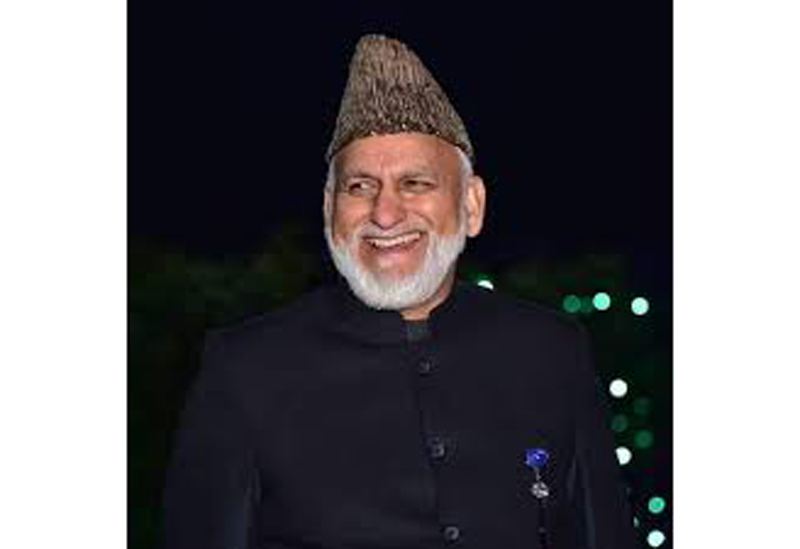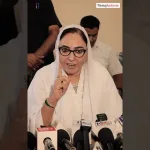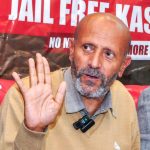Kishtwar, July 22: As the Union Budget for 2024-2025 is scheduled for presentation on Tuesday, Democratic Progressive Azad Party (DPAP) Vice President Ghulam Mohammad Saroori visited various areas of the Chatroo sub-division in Kishtwar district.
His visit aimed to listen to public grievances and highlight critical issues that he believes should be addressed in the upcoming budget, the party said in a statement issued here.
After his visit, Saroori Saroori urged the government to raise the salaries of daily rated wagers and casual labourers working in departments such as Jal Shakti, R&B, JKPCC and RDD from the current Rs 9,000 to Rs 30,000. This adjustment is essential for improving their standard of living, he said.
He called for increased government action on rural infrastructure, specifically the construction of roads in villages with populations exceeding 250. Saroori criticised the government for failing to build any new rural roads since 2014, leaving many areas isolated and underdeveloped.
The DPAP leader said there is a need for upgrading government schools in remote areas that lack private educational institutions. “While cities have ample private schools, rural areas rely heavily on government schools, which require significant improvements to provide quality education,” he said.
Saroori demanded budget allocation to extend the Jal Jeevan scheme to all remaining areas, ensuring that every household has access to drinking water. He called for the abolition of the New Pension Scheme (NPS) and the reinstatement of the old pension scheme for employees who joined after 2011.
The former minister urged the government to clear “approximately Rs 300 crores in outstanding liabilities” for completed projects under the R&B department’s city and town scheme.
Saroori also expressed disappointment with the progress made since the previous budget, saying that many residents feel let down by the lack of tangible results. “The upcoming budget should focus on addressing these critical issues, ensuring effective and impactful allocations, particularly in employment and rural development,” he said.








